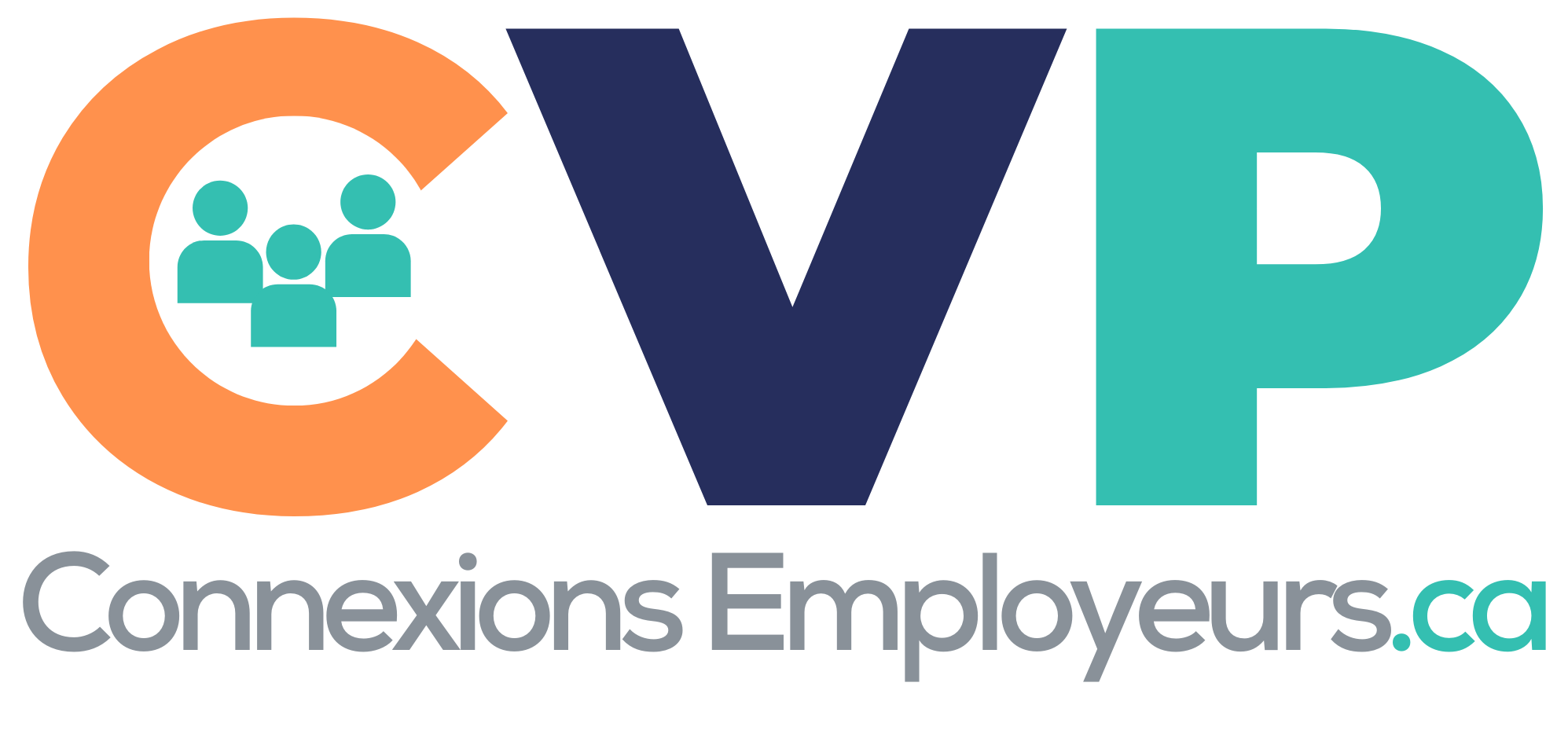Gen Z: How to attract, retain and engage tomorrows leaders today

By 2025, Gen Z will make up more than a quarter of the world’s workforce. It’s a generation with different priorities, needs and values from any that has come before it and employers need to recognize these differences if they are to attract, retain and engage this key demographic. The importance of this group cannot be overstated: For organizations, supporting and nurturing Gen Zers is an investment in the future of their businesses.
Members of Generation Z (born between 1997 and 2012) are unlike any of the generations that have preceded them. They are self-reliant, yet openly collaborative. They pursue personal fulfillment, while actively campaigning against social injustice. And, as a group, they have very different expectations from the world of work than their predecessors.
Gen Zers have little interest in climbing the corporate ladder. They will not be defined by their job titles. And they have little loyalty to their employers. Instead, they see work as a means of funding a more fulfilling life outside the workplace – a way to earn money to fund their real passions.
For senior leaders, this means rethinking their organizations’ approaches to job design and rewards. Gen Z will not toil away for years in unrewarding jobs in the hopes of funding a comfortable retirement. They are looking for roles that offer them the flexibility and autonomy they need to enjoy their lives in the here and now. They want benefits packages that will help them navigate the day-to-day stress of modern living. And they want to work for employers that are committed to making a difference to the world.
So, how can senior leaders design jobs and benefits packages to meet the needs of Gen Z?
Prioritize mental health and preventive care
Crucially, employers need to prioritize the health and well-being of their employees – particularly their mental well-being. This is a major area of concern for Gen Z, a group that has grown up in the shadow of financial crises, climate change events, the pressures of social media and a global pandemic. In the face of such challenges, it is perhaps no surprise that our 2023 Health on Demand report found that more than half of Gen Zers feel stressed in their everyday lives.
Gen Zers are looking for their employers to show an authentic understanding of the factors both inside and outside work that are affecting their well-being, and to design jobs and workplaces that mitigate the risks of stress and burnout. In particular, employers should be conscious of the risks of work pressures, toxic culture, poor leadership, job security and a lack of flexibility in work schedules or locations in contributing to burnout, and make a concerted effort to stay on top of these issues.
It’s also important for employers to have two-way, open communications with employees combined with preventive mental health supports to help build individuals’ resilience and capacity for self-care. Gen Zers are helping to overcome some of the stigma attached to mental health – for example, 58% are comfortable telling their manager or colleagues that they see a therapist or take medicine for a mental health issue – and employers need to maintain this progress by readying managers to have empathetic and supportive conversations.
Pour lire la suite de l’article, cliquez ici.
Source : Mercer, 2023, Eima Azim et Mark Waters

Réponses